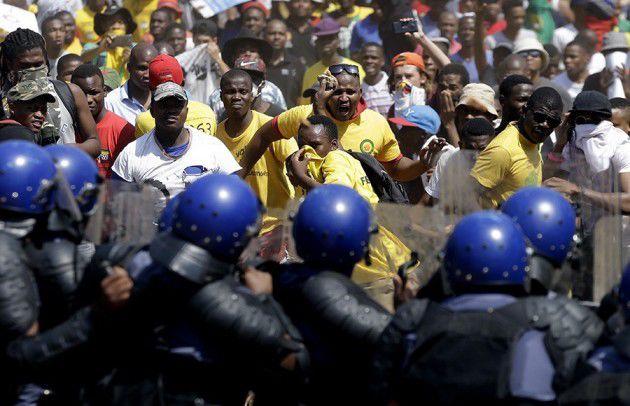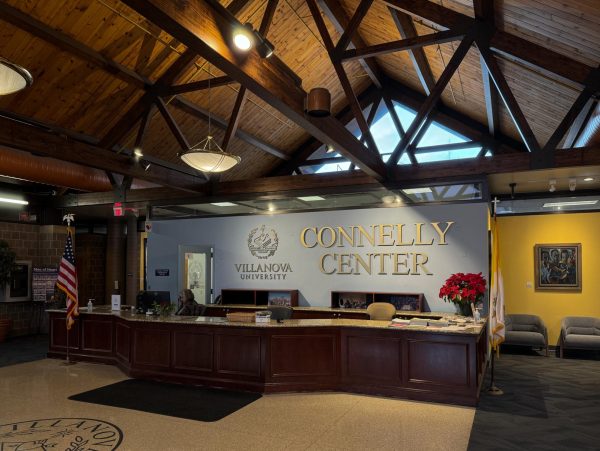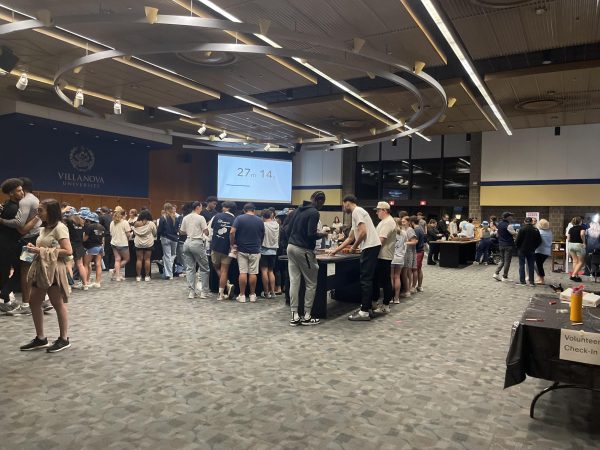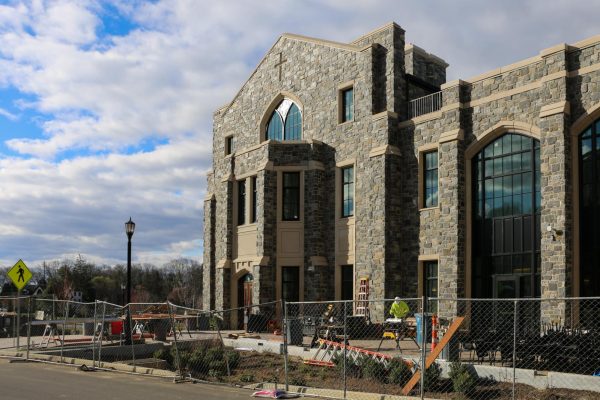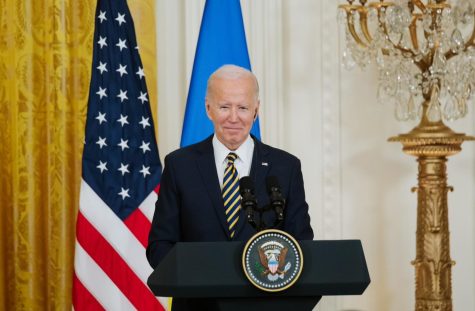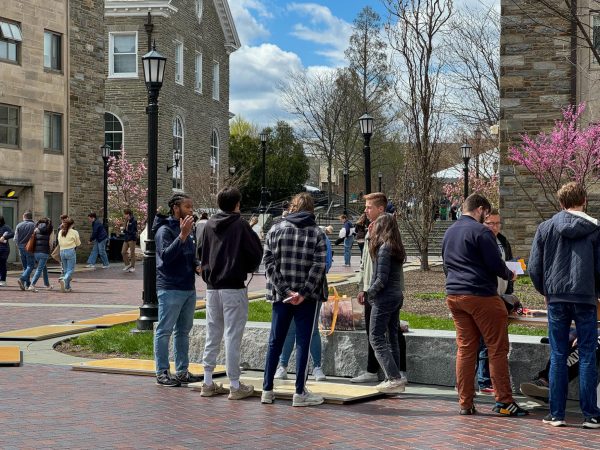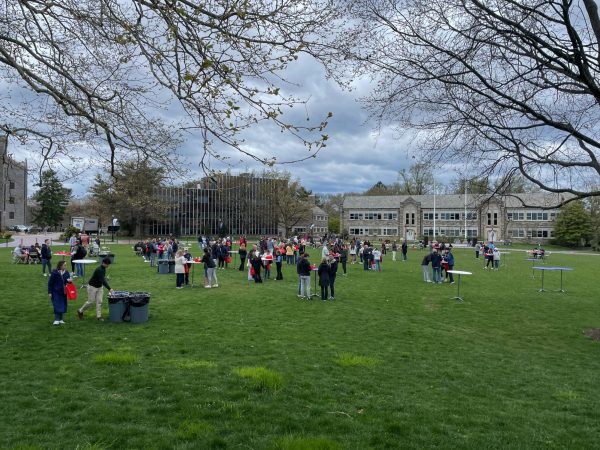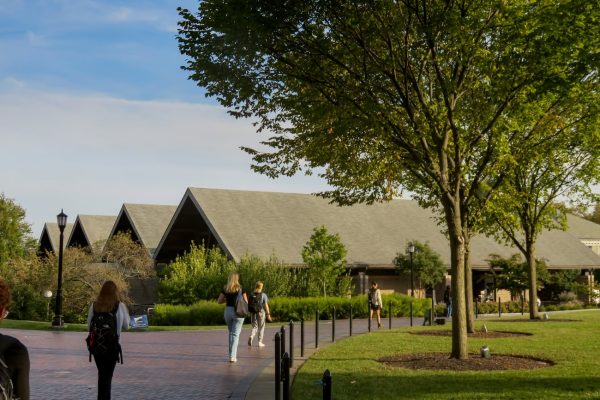Global: South African Tuition riots
October 27, 2015
Last Wednesday, Oct. 21, riots were held outside the South African Parliament building in Cape Town after president Jacob Zuma announced a plan for an increase in college tuition. Students from several major cities like Johannesburg and Cape Town were in an uproar over the government. Though not all of the protests were violent, some escalated to the point where police had to use stun grenades in response to students storming Union Buildings, setting fires and slashing car tires.
The hash tag #FeesMustFall began to trend as tuitions to university were proposed to be increased by 11 percent. A student at the University of Cape Town, Motheo Lengoasa said, “This looks like 1976 all over again.”
In 1976, in the Soweto area of Johannesburg, South Africa, a brutal protest was held because students disagreed with a forgotten law that secondary education be conducted only in Afrikaans, as opposed to English or another native language.
Though last week’s riot was not as deadly as the 1976 riot, it only reminded the South African community of the disagreements in educational policies.
Blade Nzimande, the higher education minister, eventually proposed a six percent increase on tuition starting next year, but the students claimed they would continue protests because that increase is still too high. Because of the large number of people participating in the protests, including a 1,000-person march, the government has halted its plan to increase fees for the time being.
The concern of university tuition is one that students in the United States face as well. According to College Board, the cost of tuition fees and room and board in the U.S. in 1974-75 for a private nonprofit four-year college was $16,475; in 2015-15 the cost has risen to $42,419.
The U.S. has seen gradual increases over the years (below two percent per year) compared to universities in South Africa which were going to see an increase of six percent within the year.
As students across the world are infuriated with the cost of education these days, most people can’t help but compare their country’s educational system to that of Germany’s, because it provides free tuition. Student leader Mcebo Dlamini stated, “the reality of the matter is that in country post-independence the black students have still been oppressed, we’re still marginalized, we struggle to get into universities.”
He also said, “ we are poor… we are calling for free education in our lifetime. Germany did it- we can do it.” If the government decides to increase university tuition as much as they claim, people like Dlamini will not have a chance at attaining a higher education.
Surprisingly, the United States has not seen riots over tuition like the ones that took place in the cities of South Africa, even though the cost for university is through the roof. In 2009 the University of California experienced protests from students and faculty due to an increase in fees, but the U.S. has never had riots on the scale that Cape Town did last week.
All over the world students are in an uproar, wondering why something so imperative as education is limited to those members of society that can afford the tuition. The fight for lower costs is vital for our generation, and especially for the generations to come.

